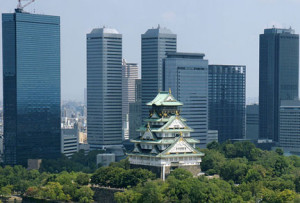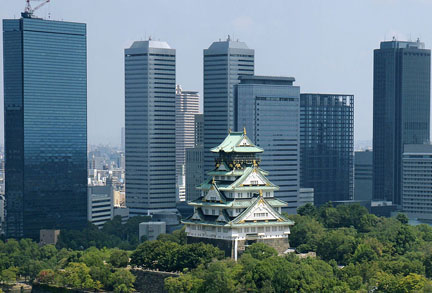TOKYO, JAPAN – Expatriates in Japan turned out to earn the highest expat pay and benefits packages in all of Asia, with expatriate manager getting a package of up to USD375,000, a survey conducted by ECA International showed.
ECA’s MyExpatriate Market Pay Survey, which looks at pay levels for expatriates around the world, including information on benefits, allowances, salary calculation methods and tax treatment, ranks Japan first among the 14 Asia Pacific countries it surveyed.
Australia was ranked second, followed by India, China and Hong Kong, in order.
Mainland China remains 4th highest in the region having overtaken Hong Kong last year. A total package for an expatriate middle manager in China is worth over US$276,000.

“Not all Chinese cities require such high packages, though. The cost of benefits provision in tier-2 locations is still much lower than in tier-1 cities and if they, alone, were to be taken into account, China would appear towards the bottom of the regional ranking above only Malaysia and Pakistan,” said Quane.
Malaysia has the second lowest expatriate packages in the list – one spot below Thailand.
Singapore has the seventh highest expatriate pay packages in the region, down from last year’s sixth position despite the cost of a package having risen over twelve months.
The value of a typical total expatriate package for Middle Managers in Singapore is USD259,000.
When considering the cost of an expatriate package companies need to factor in three main elements: the cash salary, benefits – such as accommodation, international schools, utilities or cars – and tax.
To assist companies relocating staff with benchmarking their packages against the market, ECA conducts its annual MyExpatriate Market Pay Survey of pay levels for expatriates around the world, including benefits, allowances, salary calculation methods and tax treatment.
“The cost of providing certain benefits such as housing and education is the most expensive element of the pay package when relocating staff to Singapore. Remove these and Singapore falls from 7th to 14th in the regional ranking thanks, too, to low tax rates,” said Lee Quane, Regional director – Asia, ECA International.
International assignment pay packages can be designed in a variety of ways.
The most common approach, both in Singapore and globally, is to use the employee’s salary in their home country as the starting point, then adjust for cost of living and any other allowances, and tax.
However, increasingly companies operating in the major Asian hubs adopt an approach, particularly for employees sent on a permanent one-way basis, whereby the host country local salary is used as the starting point with or without some additional benefits such as an allowance for accommodation or children’s school fees. – BusinessNewsAsia.com
